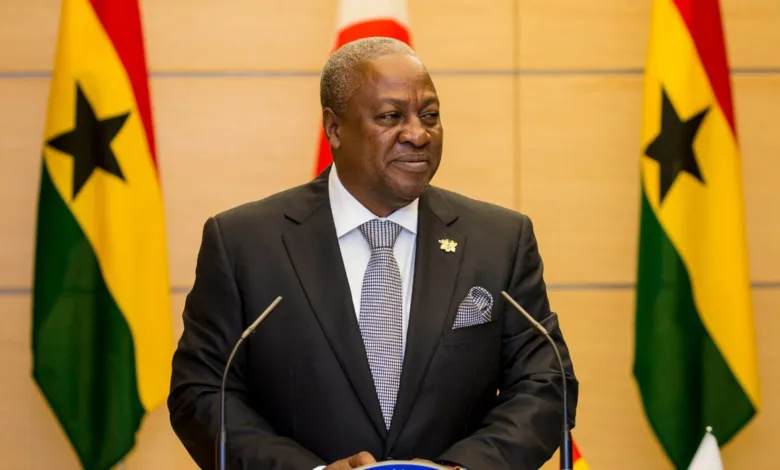Ghana’s former President John Dramani Mahama has promised to introduce a 20% rural incentive for educators willing to serve in remote communities in a bid to address the chronic shortage of teachers in rural areas of Ghana,
The pledge comes as Mahama, the flagbearer of the opposition National Democratic Congress (NDC), gears up for his third attempt at reclaiming the presidency in the December 2024 elections.
Teaching in rural Ghana often comes with significant challenges, including poor infrastructure, lack of amenities, and limited access to educational resources.
As a result, many newly qualified teachers refuse postings to remote areas, while some even abandon the profession altogether in search of better opportunities.
Recognizing the need to incentivize rural teaching and improve educational outcomes in underserved communities, Mahama’s proposed 20% rural incentive aims to make such postings more attractive to educators.
The former president, who ruled Ghana between 2012 and 2017 after the passing of late President Atta Mills, hopes the initiative will help retain and attract talented teachers to areas where their services are most needed.
“Teachers who agree to serve in a rural school will be paid 20% of their salary as an incentive,” Mahama declared during a recent campaign event, highlighting the NDC’s commitment to addressing the rural-urban education divide.
The pledge comes as Mahama prepares to face off against the incumbent Vice President, Dr. Mahamudu Bawumia, who is the flagbearer for the ruling New Patriotic Party (NPP).previous attempts to regain the presidency were unsuccessful, having lost to current President Nana Akufo-Addo in the 2016 election.
Education has long been a contentious issue in Ghanaian politics, with both major parties vying to present themselves as champions of accessible and quality education for all. Mahama’s rural incentive proposal is seen as a strategic move to appeal to voters in underserved areas and position the NDC as a party committed to addressing long-standing educational inequalities.
As the December 2024 elections draw closer, all eyes will be on how the competing parties address critical issues like education, infrastructure, and economic development, which are expected to be key battlegrounds in the hotly contested race for the presidency.









